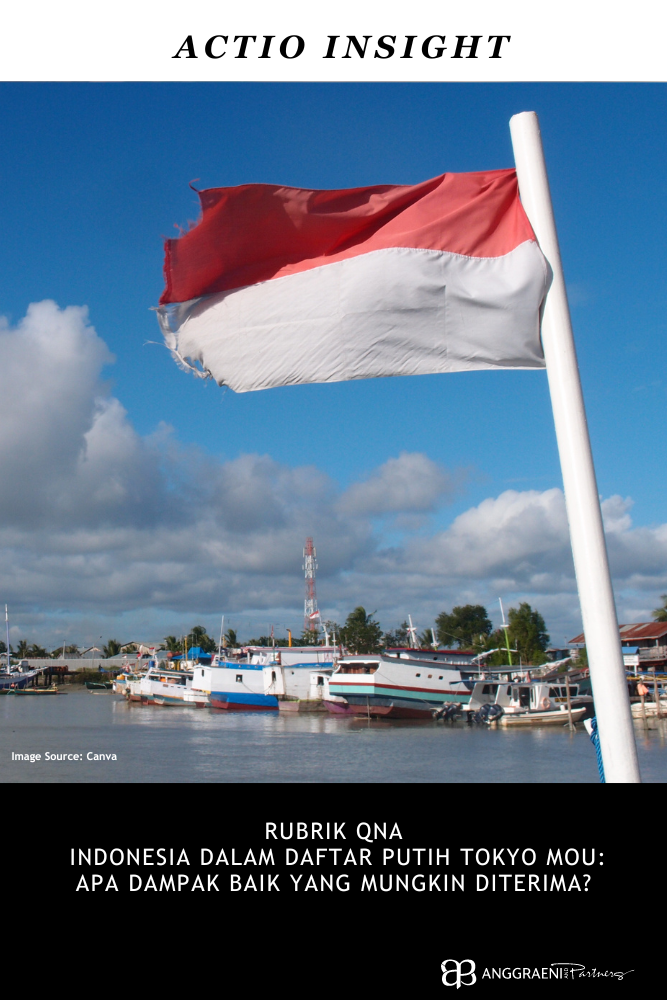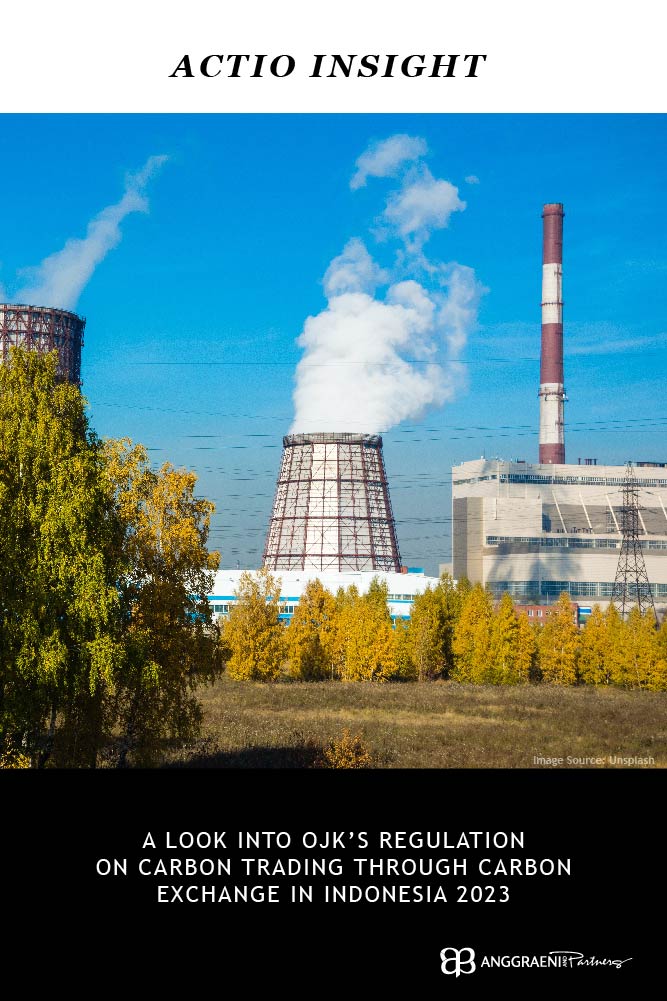MARKET OPERATION: AN ATTEMPT TO ADDRESS HIKE IN PRICES
In the beginning of this year, Commission for the Supervision of Business Competition (KPPU) rendered judgment for 32 feedloter companies, which have committed cartel practice and arranged price of beef meat in area of Jakarta, Bogor, Tangerang, Depok, and Bekasi (Jabodetabek). Such judgment is contained in Trial of KPPU Tribunal in Jakarta, on Friday (22/4/2016).
The issue of cartel is regulated under Law No. 5 of 1999 on Prohibition on Practice of Monopoly and Unfair Business Competition. By definition, cartel is an agreement drawn up by several companies intended to affect the price by managing production and/ or distribution of goods and/ or services, which may cause the occurrence of practice of monopoly and/or unfair business competition. Cartel practices is presumed to have caused the hike in market price which caused losses to the consumer. Many parties think that expensive price of primary materials on certain period, for instance during religious days in Indonesia, is caused by the cartel practice.
Throughout the years, price hikes on primary commodity of food in the market is
dealt by carrying out market operation by the government. So far, government assesses that policy of market operation is the correct step to press the price of commodity in the market. However, it is difficult to determine the right time to conduct market operation. In theory, market operation is convened as result of imbalance between stock and demand that causes price hikes.
Based on that, the government pours massive amount of supply for some commodities with cheaper price in hope that the commodities’ price to be normal. Price hikes of commodities indeed can be constrained. However, this will only happen in a short term. Therefore, there should be a preventive measure to tackle the price hikes in commodities.
From the above discussion, the government is suggested to fix the institutional aspect to control price. Other than supervising the price control, such institution could also create access for the public to report on abnormal price hikes. Such institution is also expected to be an institution that could provide consideration to government in carrying out market operation.
-MSB-


